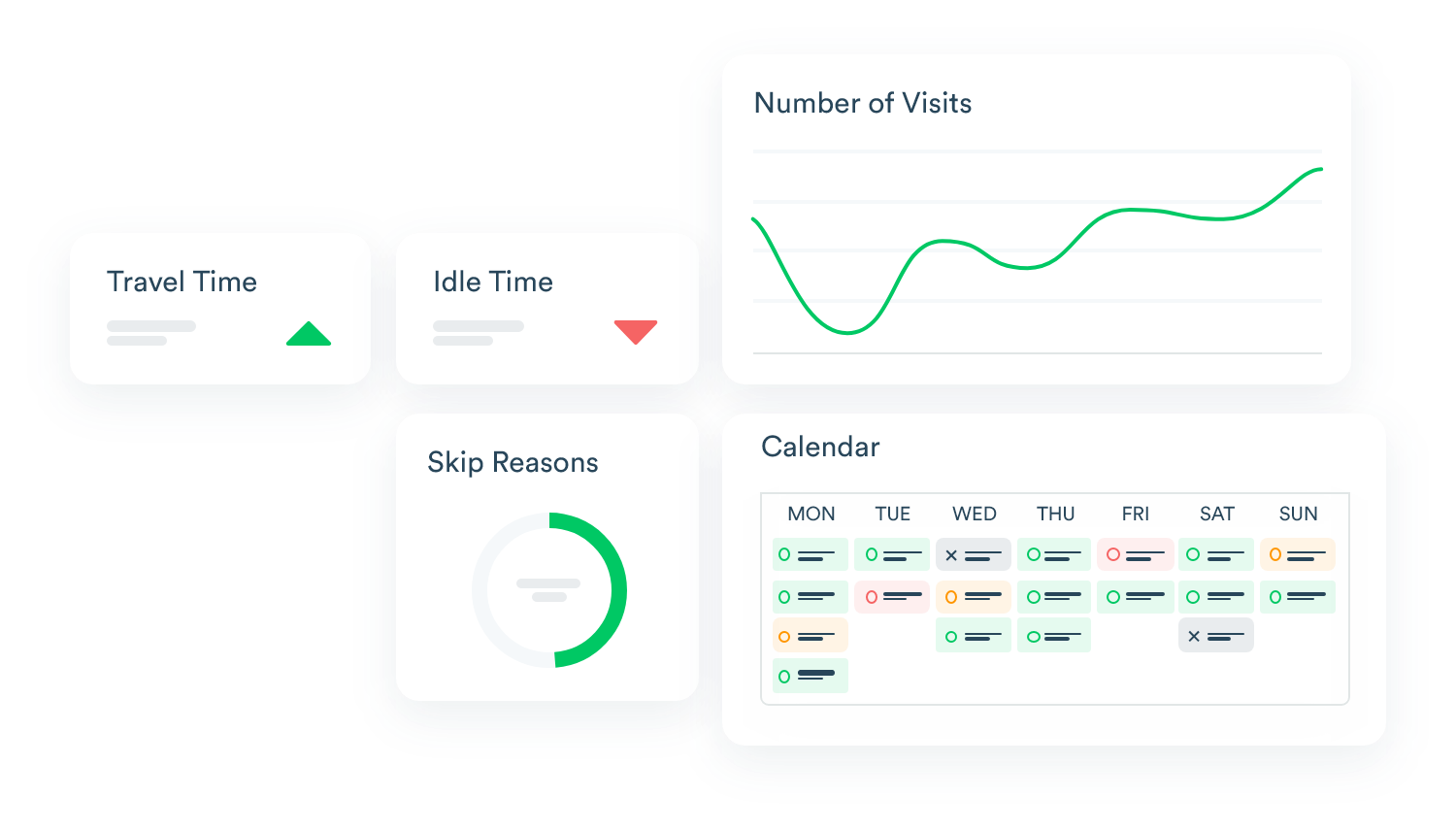Businesses can no longer afford to make decisions based on intuition or outdated reports: Market Research is central to business success. Consumer expectations are shifting, competitors are moving faster, and entire industries are being reshaped by technology. To remain competitive, organizations need reliable, real-time insights that reflect what is truly happening in the market.
This is what Shelvz offers with its Market Research Module.
What is Market Research or Market Intelligence?
Market research or intelligence refers to the systematic collection, analysis, and interpretation of data that helps companies understand their competitive environment, consumer behavior, and market trends. Unlike traditional market research, which is often project-based and retrospective, market intelligence emphasizes continuous monitoring and actionable insights.
It is also distinct from business intelligence. While business intelligence focuses on analyzing a company’s internal performance (sales figures, productivity, financial metrics), market intelligence looks outward. It provides context — how competitors are performing, how consumers are responding, and how external factors are shaping demand. Together, these two perspectives give organizations a full picture of where they stand and where they need to go.
The Benefits of Market Research
Investing in market intelligence pays dividends across industries. At its core, it empowers companies to make data-driven decisions with confidence. Some of the most impactful benefits include:
- Faster response to market changes: Trends shift quickly, especially in consumer-facing industries. Market intelligence allows businesses to detect early signals of change — whether it’s a competitor launching a new product or shifts in shopper preferences — and adapt before opportunities are lost.
- Deeper customer understanding: Through structured data collection methods such as surveys, mystery shopping, and behavioral studies, companies gain insights into what customers truly value. This helps refine product offerings, improve service delivery, and enhance overall customer experience.
- Operational efficiency: Market intelligence doesn’t only apply to strategy; it supports execution. Retailers, for example, use intelligence to ensure shelves are stocked, promotions are executed correctly, and staff are meeting service standards. The result is fewer inefficiencies and reduced lost sales.
- Risk reduction: Poor data quality or lack of visibility often leads to costly mistakes. By basing decisions on verified, real-world insights, organizations avoid assumptions that can derail strategy.
The Risks of Poor or Outdated Data
Despite the importance of insights, many businesses still struggle with unreliable information. Inaccurate or fraudulent data — whether from unverified survey responses, biased sampling, or outdated collection methods — poses serious risks. Studies show that up to 40% of businesses miss their objectives because of poor data quality.
Other common pitfalls include:
- Slow reporting cycles, where data is outdated by the time it reaches decision-makers.
- Lack of granularity, which prevents leaders from identifying local or segment-specific trends.
- High reliance on assumptions, leaving companies vulnerable to unexpected shifts.
In fast-moving markets, these challenges can be the difference between staying ahead and falling behind.
Like what your reading?
Take a moment to subscribe before continuing and never miss out on exclusive insights, news, and case studies.
Modern Approaches to Market Research
Today, organizations have access to advanced tools that make market intelligence faster, more reliable, and easier to integrate into daily operations. Instead of relying solely on manual processes or periodic reports, businesses are leveraging technology to capture real-time, verifiable insights.
Some of the most effective methods include:
- Technology-driven field data collection: Mobile apps and digital platforms allow agents to collect information directly from stores, consumers, or competitors. This enables instant reporting and reduces the risk of errors.
- Verification techniques: Geo-tagging, time stamps, unique agent IDs, and photo validation ensure that data is authentic. These safeguards are critical for avoiding fraud and increasing trust in the information gathered.
- Offline and multilingual support: Modern platforms make it possible to collect data even in remote areas or across diverse markets. This flexibility ensures a wider and more representative sample.
- Seamless integration with BI tools: Export options and dashboards allow raw data, images, and reports to feed directly into existing systems, making it easier for decision-makers to act on insights.
Solutions like Shelvz Market Intelligence bring these capabilities together in a user-friendly, scalable platform. By combining survey flexibility with built-in fraud protection, customizable dashboards, and global readiness, platforms like Shelvz enable companies to translate field data into actionable strategies.
Use Cases Across Industries
Market intelligence isn’t one-size-fits-all. Different industries use it in unique ways to drive performance and gain a competitive edge:
- Retail: Monitoring on-shelf availability, ensuring compliance with promotional campaigns, and identifying gaps before they impact sales. Retailers can detect stockouts, pricing errors, or planogram deviations in real time.
- FMCG/CPG: Gathering consumer feedback on product launches, packaging, or new flavors. CPG brands use intelligence to refine marketing campaigns, optimize distribution, and adapt to regional preferences.
- Service industries: Mystery shopping and customer surveys provide insights into service quality, employee behavior, and brand perception. These findings feed directly into staff training and customer experience improvements.
- Market expansion: Companies entering new territories rely on market intelligence to test consumer response, evaluate competitive landscapes, and understand local regulations before committing large investments.
In each scenario, the goal is the same: reduce guesswork and maximize the impact of business decisions.
Best Practices for Implementing Market Research
To get the most from market intelligence, businesses should approach it strategically:
- Define clear objectives: Before launching data collection efforts, identify what you need to know — whether it’s customer satisfaction, competitor pricing, or promotion effectiveness.
- Prioritize data quality: Use verification tools and trusted methodologies to ensure accuracy. High-quality data is more valuable than large volumes of unreliable input.
- Integrate insights into decision-making: Market intelligence is only useful if it influences actions. Ensure findings are shared with relevant teams and linked to KPIs.
- Start small and scale: Pilot programs allow companies to test processes, refine survey methods, and build internal buy-in before expanding.
By following these best practices, businesses can build a culture of informed decision-making where strategy and execution are guided by real-world evidence.
Building a Future on Verified Insights
The most successful organizations share one trait: they don’t just react to change; they anticipate it. Market intelligence makes that possible by providing a clear, reliable window into consumer behavior, competitor activity, and market dynamics.
In a business environment where every decision counts, verified insights are more than an advantage — they’re a necessity. By embracing modern tools and practices, and by leveraging solutions like Shelvz Market Intelligence, companies can ensure they’re not operating in the dark but instead leading with clarity, agility, and confidence.
Book your demo today and don’t miss out on any insights that matter to you!



